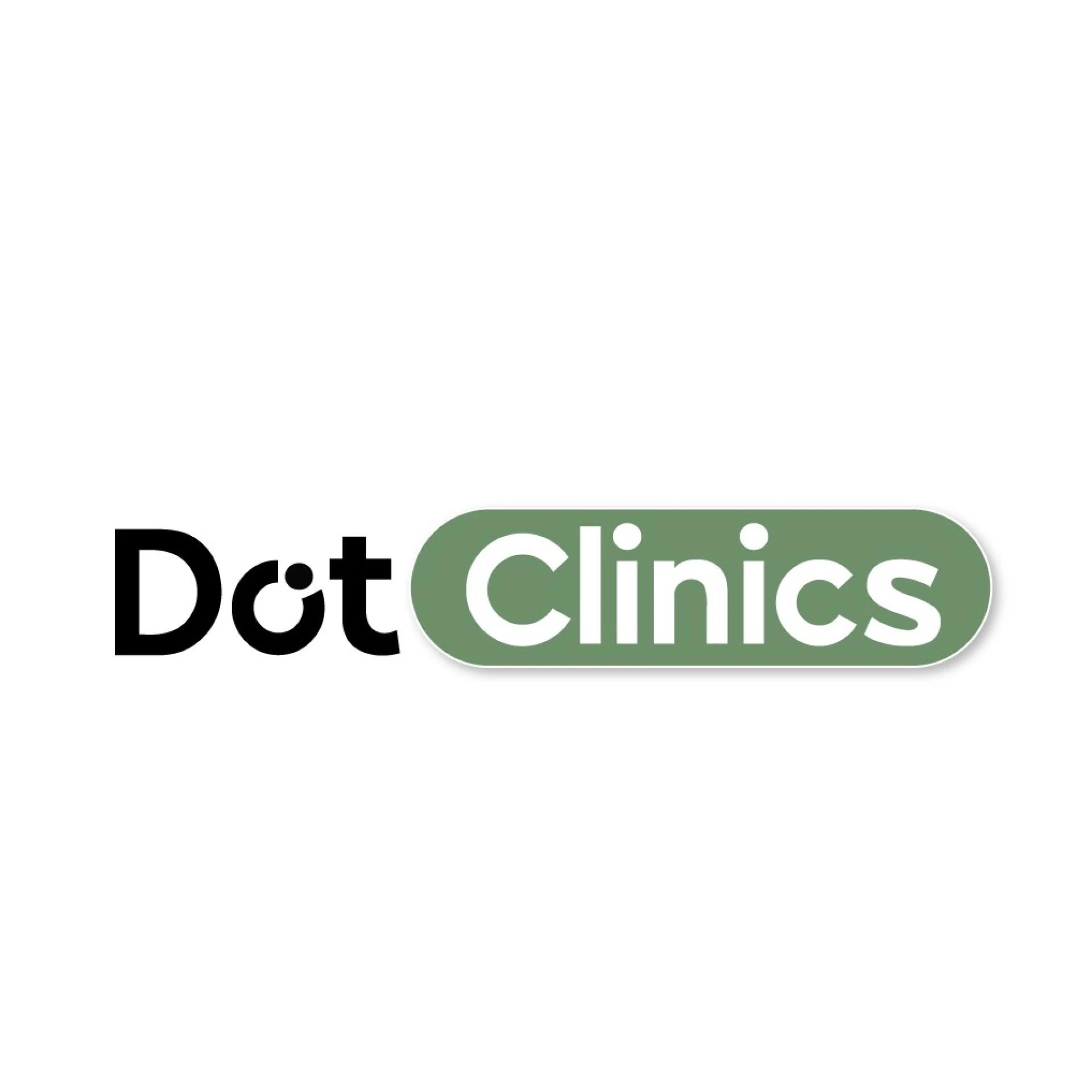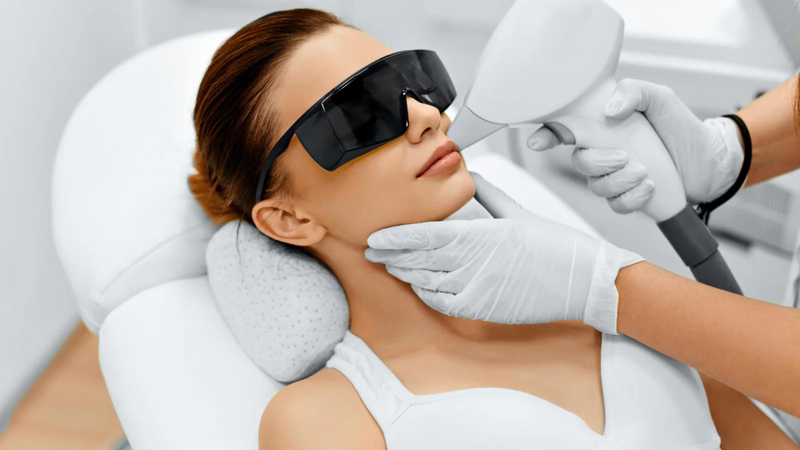Aging is inevitable, but how we age depends heavily on our choices. Many people assume wrinkles, fatigue, and declining health are unavoidable, but science proves that lifestyle changes can dramatically slow the aging process—both physically and mentally.
This article will show you proven, practical steps to improve your health, preserve youthfulness, and maintain vitality well into your later years.
We will also cover an important but often overlooked part of men’s health—Erectile Dysfunction (ED) treatment—because sexual health is closely tied to overall well-being.
1. Nourish Your Body for Longevity
Food is more than fuel—it is information for your cells. Every bite you eat either helps repair your body or contributes to its decline.
Nutritional Foundations for Youthful Living
- Fruits and Vegetables (5–7 servings daily)
- Contain antioxidants like vitamin C, beta-carotene, and polyphenols that fight oxidative stress—a major cause of premature aging.
- Examples: blueberries (anti-inflammatory), spinach (iron and folate), carrots (beta-carotene for skin).
- Lean Proteins
- Help maintain muscle mass, support immune function, and regulate hormones.
- Sources: chicken, turkey, fish, eggs, tofu, lentils.
- Healthy Fats
- Omega-3 fatty acids protect the brain, reduce inflammation, and keep skin supple.
- Sources: salmon, walnuts, chia seeds, extra virgin olive oil.
- Whole Grains
- Rich in fiber to support digestion and keep blood sugar stable.
- Examples: brown rice, quinoa, oats.
Pro Tip:
Reduce processed sugars and refined carbs—they cause inflammation, damage collagen (leading to wrinkles), and increase the risk of chronic diseases.
2. Stay Physically Active Daily
Exercise is one of the most powerful anti-aging tools. It improves heart function, brain performance, and muscle health, and it even slows cellular aging by protecting telomeres (the “caps” on our DNA).
A Balanced Weekly Routine
- Cardio (4–5 times/week):
- Brisk walking, cycling, dancing, or swimming for at least 30 minutes.
- Benefits: Better heart health, improved lung function, and reduced risk of chronic disease.
- Strength Training (2–3 times/week):
- Weight lifting, bodyweight exercises, or resistance bands.
- Benefits: Preserves muscle mass, strengthens bones, improves posture.
- Flexibility & Balance (daily):
- Yoga, pilates, or stretching routines.
- Benefits: Prevents stiffness, reduces injury risk, improves coordination.
Quick Tip:
If you have a desk job, stand or walk every hour to keep blood flowing and prevent stiffness.
3. Prioritize Sleep Like a Daily Medicine
Sleep isn’t just rest—it’s repair time for your brain, muscles, skin, and immune system.
Poor sleep accelerates aging, raises stress hormones, and increases the risk of obesity, heart disease, and memory decline.
Better Sleep Strategies
- Aim for 7–9 hours nightly.
- Keep a consistent schedule—even on weekends.
- Avoid screens for at least 60 minutes before bed.
- Create a cool, dark, and quiet sleep environment.
- Try relaxing rituals: herbal tea, meditation, or a warm shower.
4. Manage Stress Before It Ages You
Chronic stress causes the body to release cortisol and adrenaline, which speed up aging by damaging cells, weakening immunity, and disrupting hormones.
Proven Stress Management Tools
- Mindfulness Meditation: Just 10 minutes daily can lower stress hormones.
- Breathing Exercises: Inhale for 4 seconds, hold for 4, exhale for 6—repeat 5 times.
- Hobbies: Gardening, painting, cooking—anything that relaxes you.
- Social Connection: Regular interaction with friends and family boosts mood and longevity.
5. Protect Your Skin—Your Outer Defense
The skin is the body’s largest organ, and protecting it keeps you looking and feeling younger.
Daily Skin Protection Checklist
- Use SPF 30 or higher sunscreen every morning (even on cloudy days).
- Moisturize morning and night.
- Eat foods rich in vitamin E (almonds, sunflower seeds) and vitamin C (kiwi, bell peppers) for natural skin repair.
- Avoid tanning beds—they accelerate skin aging and increase cancer risk.
6. Keep Your Brain Young
Just like muscles, the brain thrives on exercise and stimulation.
Brain Health Tips
- Learn something new—a language, musical instrument, or skill.
- Play brain games and puzzles.
- Read books and engage in deep conversations.
- Maintain healthy circulation with regular exercise.
- Eat brain-boosting foods: walnuts, berries, leafy greens, and dark chocolate.
7. Avoid Habits That Accelerate Aging
- Quit Smoking: It damages skin, blood vessels, and lungs.
- Limit Alcohol: Excessive drinking harms the liver, brain, and skin.
- Avoid Chronic Sun Exposure: Wear protective clothing and hats outdoors.
8. Schedule Regular Health Screenings
Early detection can prevent or manage most serious health issues.
Recommended Screenings:
- Annual physical exams.
- Blood pressure, cholesterol, and blood sugar tests.
- Cancer screenings (as per age and risk factors).
- Dental cleanings twice a year.
- Eye exams annually.
Erectile Dysfunction (ED) Treatment & Men’s Health

Erectile Dysfunction affects millions of men worldwide. It’s not just a sexual health issue—it can be an early warning sign of heart disease, diabetes, or hormonal imbalance.
Common Causes of ED
- Reduced blood flow (often linked to heart problems).
- Diabetes-related nerve damage.
- Low testosterone or other hormonal imbalances.
- Stress, anxiety, or depression.
- Medication side effects.
Treatment Approaches
- Lifestyle Changes
- Exercise regularly.
- Eat a heart-healthy diet.
- Maintain a healthy weight.
- Quit smoking and limit alcohol.
- Medications (under doctor supervision)
- Sildenafil (Viagra), tadalafil (Cialis), or vardenafil.
- Hormone Therapy
- For men with clinically low testosterone.
- Shockwave Therapy (clinic-based)
- Non-invasive treatment to improve penile blood flow.
- Psychological Counseling
- For stress or relationship-related causes.
Important:
If you have ED, seek medical evaluation—it may help detect life-threatening health issues early.
Frequently Asked Questions (FAQs)
1. Can lifestyle changes really reverse signs of aging?
Yes. Exercise, good nutrition, stress management, and quality sleep can slow or even reverse many age-related changes.
2. How soon will I feel the benefits of living healthier?
Some benefits—like more energy—can be felt in weeks. Skin, muscle tone, and mental clarity may take 2–3 months.
3. Is Erectile Dysfunction always age-related?
No. It’s often linked to lifestyle, emotional well-being, or treatable health conditions.
4. Can I treat ED without medication?
Yes—lifestyle improvements often restore normal function in men without severe underlying disease.
5. How much exercise should I do each week?
At least 150 minutes of moderate cardio and 2 strength-training sessions per week.
6. Does stress really make you age faster?
Absolutely. Chronic stress accelerates aging at the cellular level and worsens both physical and mental health.
7. How often should I get a full health checkup?
At least once a year—or more if you have chronic conditions or risk factors.
Final Thoughts
Healthy aging is about living with strength, energy, and confidence—not just avoiding disease.
If you are looking for Erectile Dysfunction Treatment in pakistan, then visit Dot Clinics. Our Clinics is a leading center in Pakistan for the diagnosis and non-surgical treatment of male sexual health issues.
By eating nutritious foods, exercising daily, sleeping well, protecting your skin, and staying mentally active, you can add not just years to your life, but life to your years.
For men dealing with Erectile Dysfunction, remember—it’s not simply a “normal” part of aging. With modern treatments and lifestyle changes, ED can often be improved or fully resolved, restoring both confidence and quality of life.
The best time to start investing in your health is today. The benefits will last for the rest of your life.



